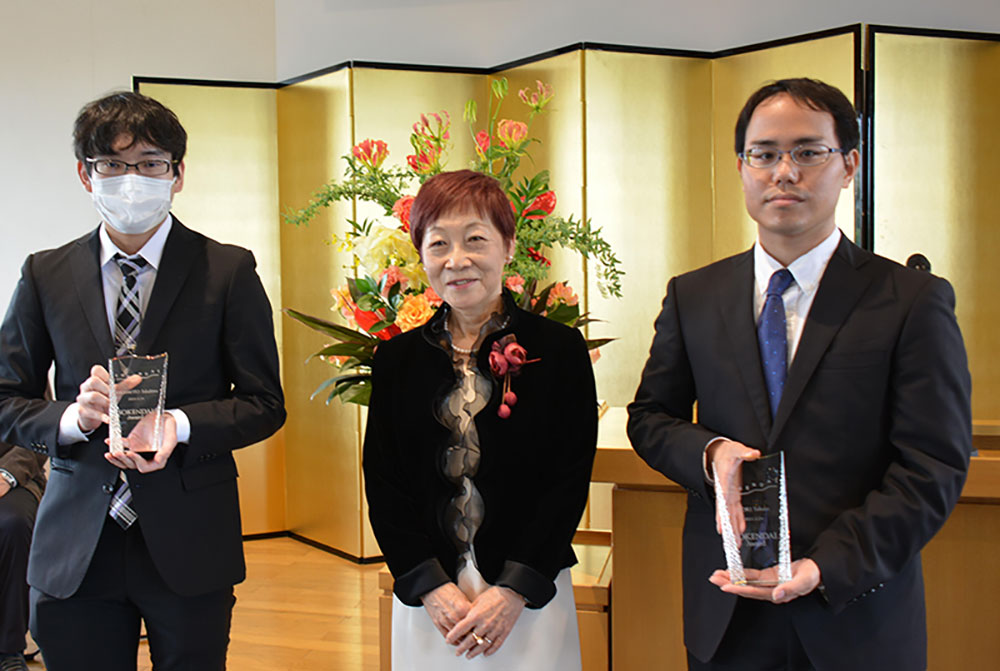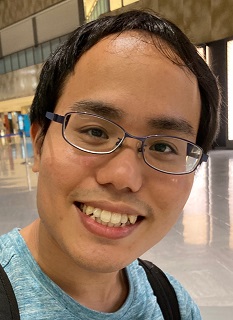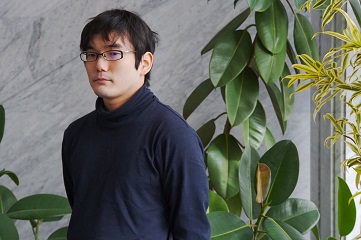March 24, 2023
The 10th SOKENDAI Award
SOKENDAI Award is founded in Academic Year 2018 to commend the students who have accomplished their outstanding research and have been conferred their degrees with the excellent doctoral thesis.
The 10th SOKENDAI Award was held in Hayama campus on March 24, 2023.
The recipients of the 10th SOKENDAI Award

MORI Takato

Winner of The 10th SOKENDAI Award
Department:Particle and Nuclear Physics
Doctorial thesis:Entanglement structure in quantum many-body systems, field theories, and holography
Comment
I was enrolled in the Department of Particle and Nuclear Science, locating at High Energy Accelerator Research Organization (KEK) in Tsukuba, Ibaraki. I was conducting research in theoretical physics using interdisciplinary approaches, where quantum information, gravity, and elementary particle physics meet each other. KEK was a very open environment where I could easily interact and discuss with researchers in various fields. In addition, thanks to the SOKENDAI Student Dispatch Program, I was able to stay at a research institute in Canada for three months in my fifth year. The experience of collaborating and communicating with researchers there helped me a lot to obtain a postdoctoral position after my graduation. After all, I think KEK and SOKENDAI are places with a lot of freedom and well suited to those who want to challenge themselves.
SAKAMOTO Takahiro

Winner of The 10th SOKENDAI Award
Department:Evolutionary Studies of Biosystems
Doctorial Thesis:Population genetics theory of natural selection
Comment
The Department of Evolutionary Studies of Biosystems, to which I belonged, is the predecessor of the Research Center for Integrative Evolutionary Science and covers the fields of evolutionary biology, and science and society. A key feature of the course is that each laboratory uses different approaches to unravel the mysteries of evolution, including field research, molecular/behavioral experiments, genome analysis, and mathematical modeling. Because the research is supervised by three or more professors, it is easy to combine multiple approaches in a project. It is a great environment for students who want to gain a deep understanding of evolution from multiple perspectives. The campus has a warm atmosphere and is suitable to concentrate on research.
